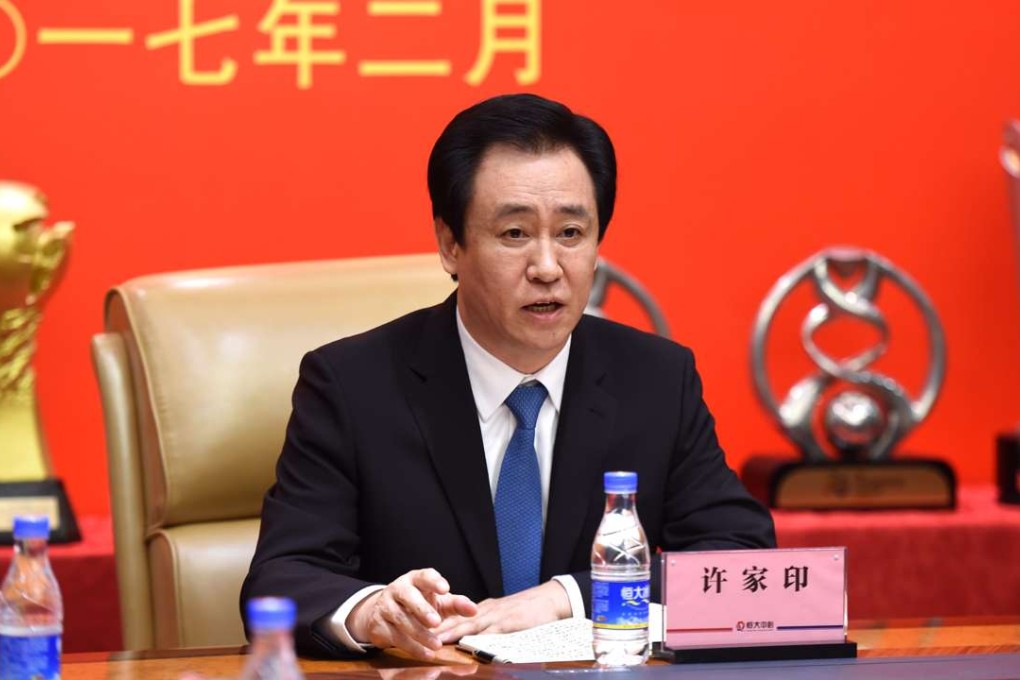Guangzhou Evergrande to get HK$3 million per win in Champions League ahead of opening clash against Hong Kong’s Eastern
Chan Yuen-ting insists her players won’t be distracted as big-spending Chinese rivals flash the cash

Guangzhou Evergrande Taobao announced a massive bonus scheme for their players as they warned their Champions League opponents from Hong Kong, Eastern, that the team is targeting the quadruple.
Local champions Eastern kick off Hong Kong’s first ever full Champions League campaign next Wednesday across the Pearl River Delta in Guangzhou.
The big-spending Chinese Super League champions have announced a 300 million yuan (HK$338 million) bonus scheme for the coming season.
And Evergrande Group chairman Hui Ka-yan announced that he expected his team to win all four trophies available this year.
“Guangzhou Evergrande needs to be ambitious in the 2017 season, setting its sights on four titles, namely the Chinese Super League, Asian Champions League, CFA Cup and the Super Cup,” he told players, Xinhua reported.
“For the players in Evergrande, I want you to keep in mind that you’re all professional players, you need to have strict self-discipline in living, hard training on the pitch, make concerted and all-out efforts during matches and never lose your morale.”